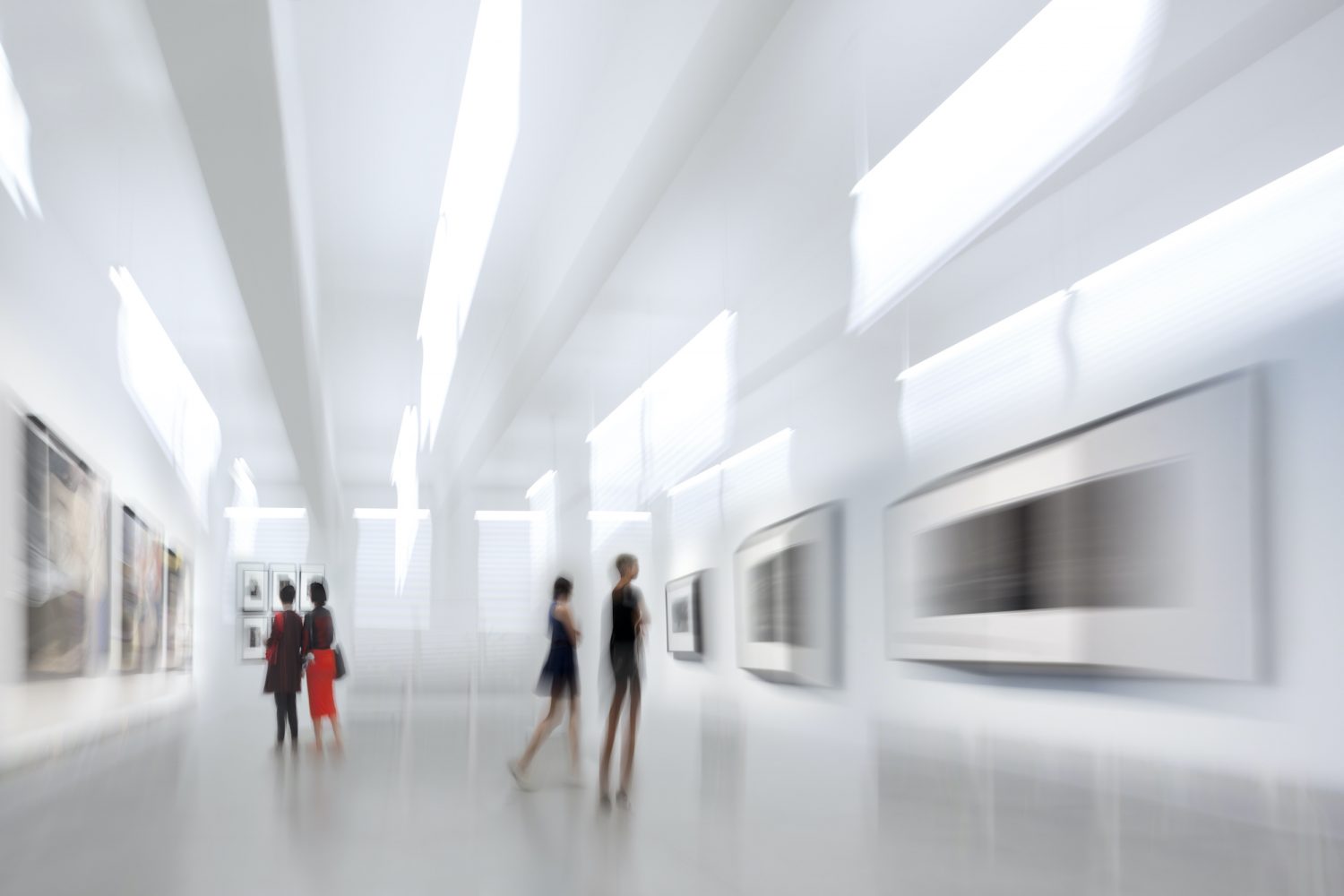« Je viens d’apprendre que la galerie nationale ne sera pas aménagée à côté de la Cathédrale Notre-Dame de Luxembourg, dans les anciens locaux de la Bibliothèque nationale, mais bien à Dudelange, dans le quartier « Neischmelz ».
Voilà pourquoi j’aimerais poser les questions suivantes à Madame la Ministre de la Culture :
- Madame la Ministre peut-elle préciser pour quelles raisons le site de la future galerie nationale sera implanté au sud du pays? Ce choix repose-t-il entre autres sur une stratégie de décentralisation culturelle ?
- Suite au choix de transférer la galerie nationale dans la Minette, le gouvernement serait-il désormais disposé à réfléchir sur l’aménagement d’une infrastructure culturelle dans le nord du pays, telle par exemple celle du dépôt national pour les collections publiques auquel pourrait s‘ajouter une surface d’exposition au service des citoyens intéressés ? »
Answer:
Suite à la décision du gouvernement de ne pas réaliser le projet de la galerie nationale au bâtiment de l’ancien Athénée en Ville de Luxembourg, les réflexions se sont concentrées sur l’idée de lier le projet d’une galerie nationale avec celui de la création d’un centre national des collections publiques des instituts et d’établissements culturels. Il s’agit en d’autres mots de réaliser un centre national contenant la majeure part de la mémoire et de l’histoire de notre pays, incluant des ateliers de restauration et laboratoires, ainsi qu’une grande salle d’exposition faisant foi de galerie nationale.
Les repérages effectués en ce sens ont a priori permis d’identifier le site Neischmelz à Dudelange, et plus précisément l’ancienne aciérie et une partie du laminoir comme appropriés pour accueillir un tel centre national des collections publiques avec lieu d’exposition. L’affectation définitive de ces deux immeubles au centre national devra cependant encore être confirmée dans une étude de faisabilité. Notons encore que les repérages de terrains et de localités mentionnés ci-avant n’avaient pas permis d’identifier d’alternative viable, y inclus dans le nord du pays.
Les raisons ayant motivé ce choix sont d’ordre logistique avant tout, vu, d’une part, les contraintes techniques inhérentes à un projet de centre national de collections avec galerie tel que décrit ci-dessus, et les conditions architecturales et géographiques présentés par les bâtiments identifiés d’autre part. De surcroît, le gouvernement s’engage par cette voie à proposer à la commune de Dudelange un projet d’envergure nationale, tel qu’il avait été mis en perspective suite à l’abandon du projet cinématographique créatif initialement y envisagé.






